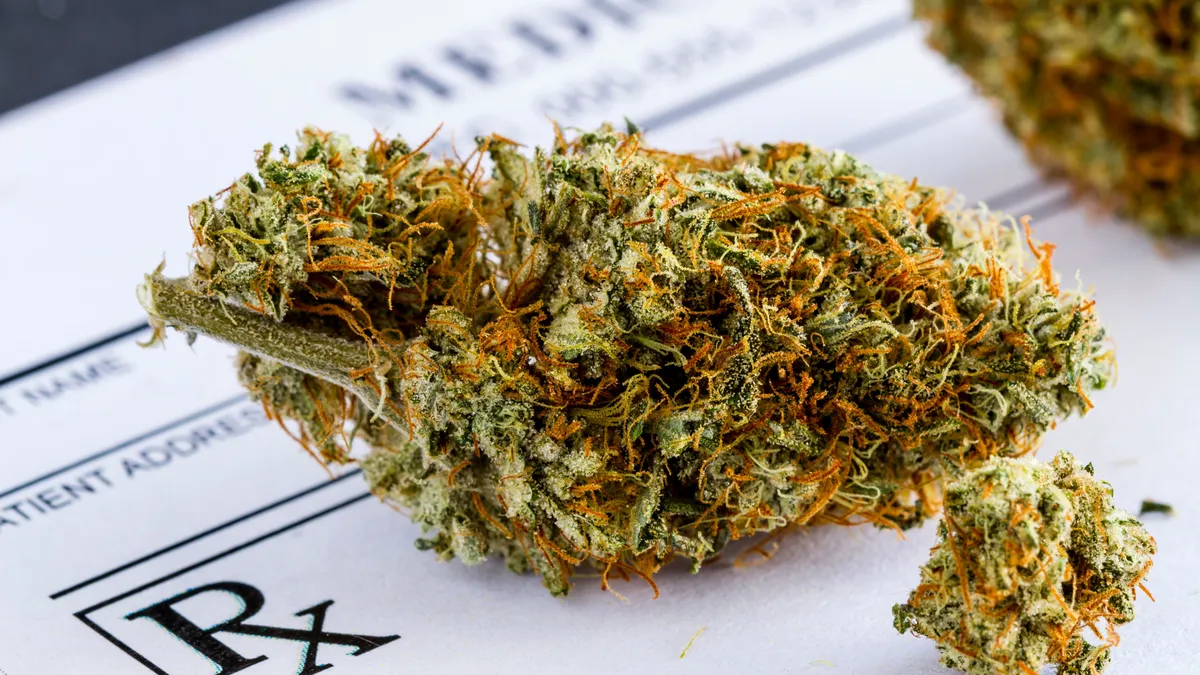States that legalize medical marijuana see a significant reduction in foster care cases related to drug abuse in the years that follow, according to a new study.

Published by Research Square, the study was conducted by researchers at Georgia College and State University.
For the study researchers investigated whether or not “states that legalize marijuana experience an increase in foster care entries related to drug abuse”. They utilized “multiple difference-in-difference approaches to exploit the state level variation in recreational and medical marijuana laws”, examining data from over 3.4 million foster care cases starting in 2007.
The study found that although recreational marijuana resulted in “no corresponding change in the number of foster care entries related to drug abuse, relative to control states”, the legalization of medical marijuana resulted in a “8–10 percent decrease in the number of cases associated with parental drug abuse in the first two years, followed by an 18 percent decrease in the third year.”
Researchers say that they “calculate that on average, approximately 700 fewer entries to foster care related to parental drug abuse occurred when a state legalized medical marijuana.”
The study notes that the “only states that have legalized the recreational use of marijuana are those that have also legalized its medical use, so it’s unclear if this decrease in entries related to medical legalization is a culture effect—marijuana is now somewhat legally accepted and not necessarily an immediate suspicion when investigating claims of child maltreatment—or a medicinal effect—marijuana may now be consumed legally and is perhaps less likely to be abused”. Researchers say that they “suspect both effects may be at play.”
More information on this study can be found by clicking here.







